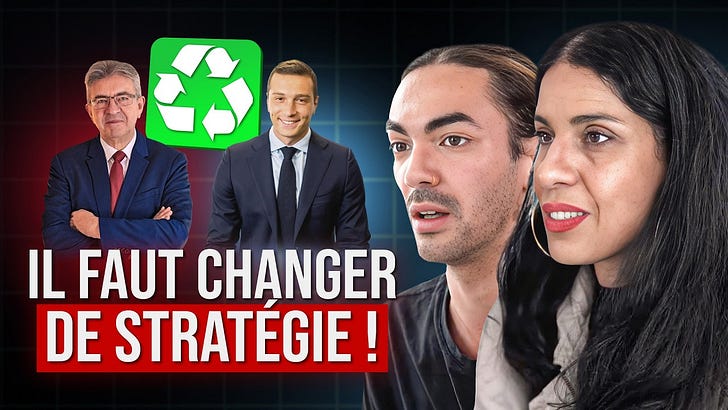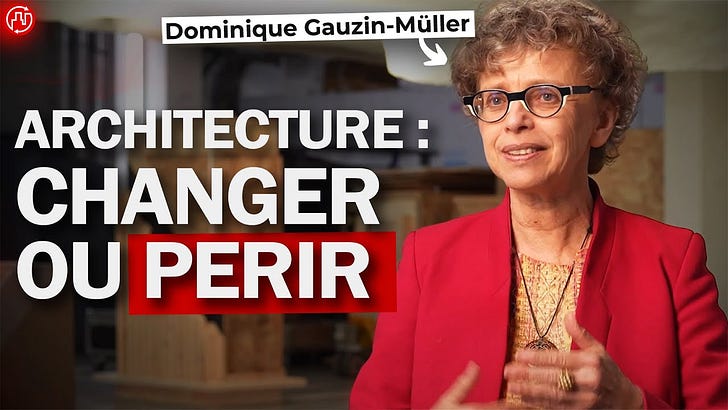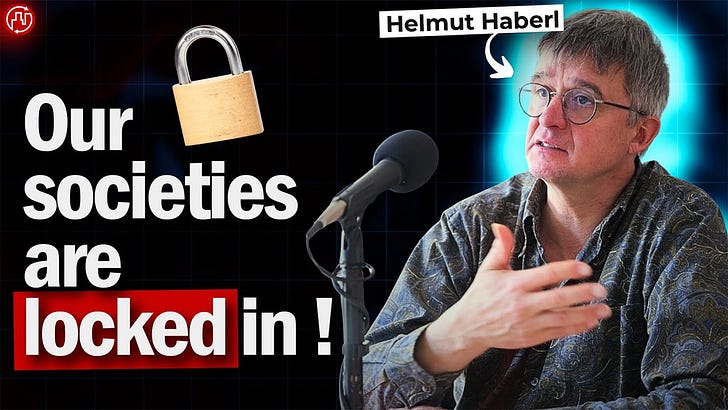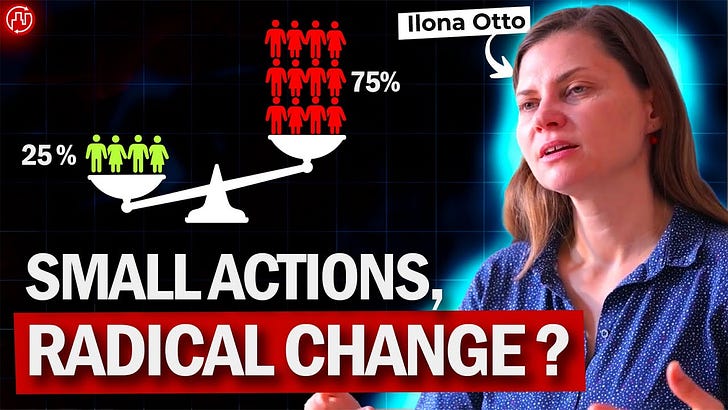On episode number 8 of the Circular Metabolism Podcast, we had the chance to chat with Julia Vol, previously Governments & Cities Network Manager at the Ellen MacArthur Foundation.I was particularly interested to discuss with Julia to better understand how the EMF managed to create such a momentum around circular economy in such a short notice. Indeed, as a researcher on the topic for some years I have wondered for quite some time why this expression became so popular compared to the green, blue or resilient economy and what were the arguments that convinced this vast array of stakeholders ranging from very large companies, to governments and to startups. According to Julia, circular economy took off so quickly because unlike other sustainability agendas and plans, it is an economic agenda that is focusing on innovation, business development, job creation, etc. which makes sense to most businesses. On top of that, the EMF managed to be at the place at the right time to capitalise on existing initiatives from sustainability and CSR but make them more operational.While, I could understand why the private sector would be motivated to include circular economy principles in their business models, it was still hard to understand why local, regional and national governments are also so interested in this concept. Julia mentions that they also see the economic benefits of circular economy. But governments and administrations also face new sets of systemic challenges which were less present 10-20 years ago. In that sense, they need to reinvent themselves, create new types of growth, take care of job creation but also most importantly face their materiality. With the China ban, cities become suddenly aware of their need to take care of their used materials.Yet, how do we make a city more circular which doesn't necessarily own all of the infrastructures and economic sectors needed to deploy circular economy strategies. For Julia, at the city scale we could do so if we focus at the circular economy from a design perspective, so not only how to recycle more but how do we engage with businesses that provide the services that are used in cities (such as mobility, food, etc.). By engaging with daily users and given that it is a densely populated area over a limited territory, cities can become a hotbed for design, material and business model innovations.So far, Julia has identified two approaches to facilitate and accelerate the uptake of circular economy in cities. First, cities like Amsterdam, Brussels and Charlotte for instance, develop an urban metabolism study to have a better knowledge on the flows entering and exiting the city in order to identify the priority sectors upon which to focus. The second approach, used by cities like London, Phoenix, Toronto, is to identify the existing biggest players that could have an impact on the circular economy and try working with them to have a higher impact.In addition, the city has a role to recognise the most promising ventures in their context and to provide funding and infrastructures to help them grow. This is where bigger companies can also come into play as they can make a pilot in one city and then scale up in more cities. In such a complex system, to scale up the circular economy you need a resilient ecosystem of diverse actors. This means on the one hand, smaller and on the ground actors to cater for context-specific aspects of different cities and users, and on the other hand bigger ones that can generalise solutions across the globe.Finally, based on the real hype around circular economy in the last decade, I wanted to ask Julia how can we prevent circular washing or in other words abuse the expression circular economy for just minimal and artificial initiatives without really changing their core business models. For Julia,...
Hosted on Acast. See acast.com/privacy for more information.











